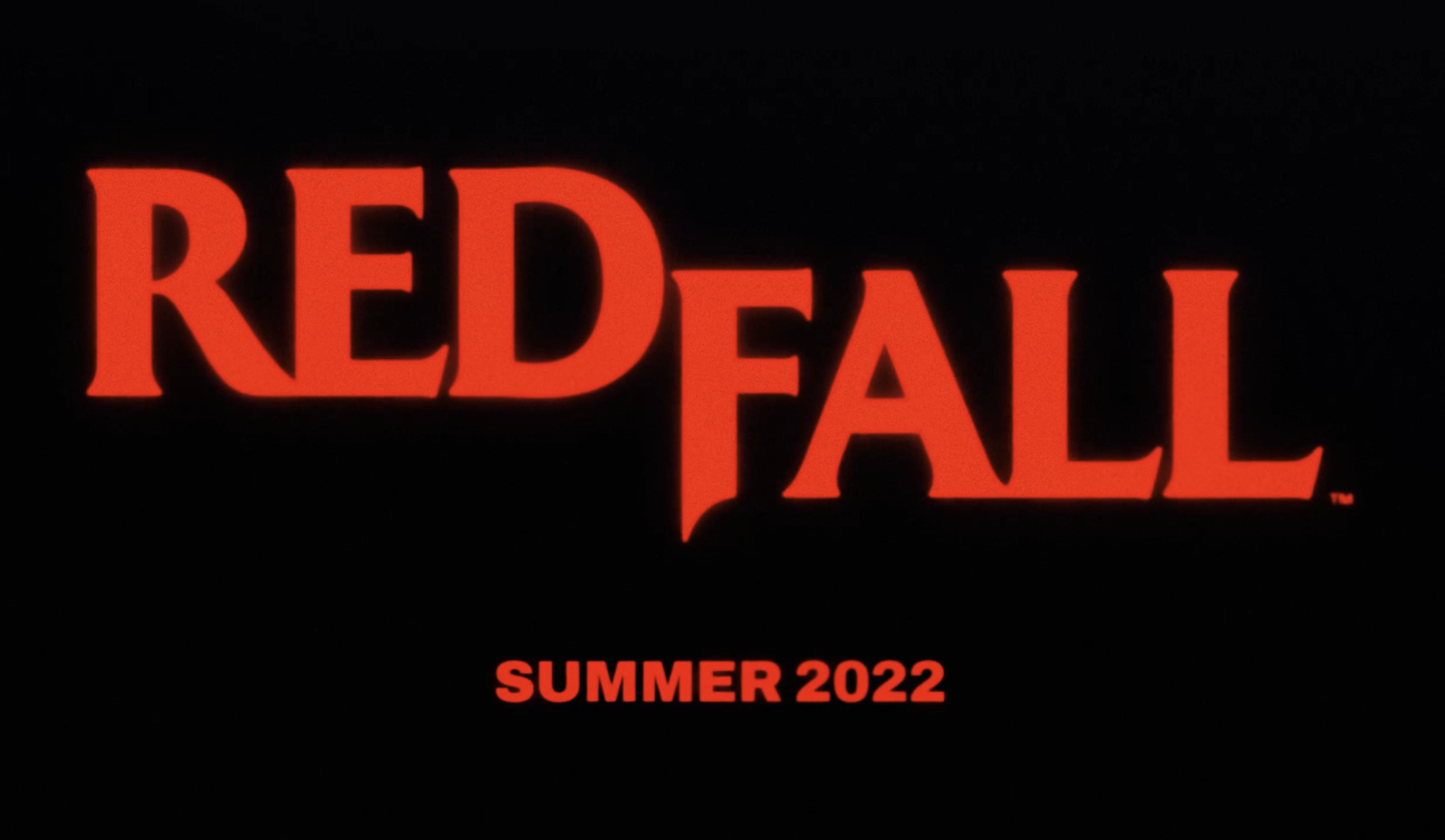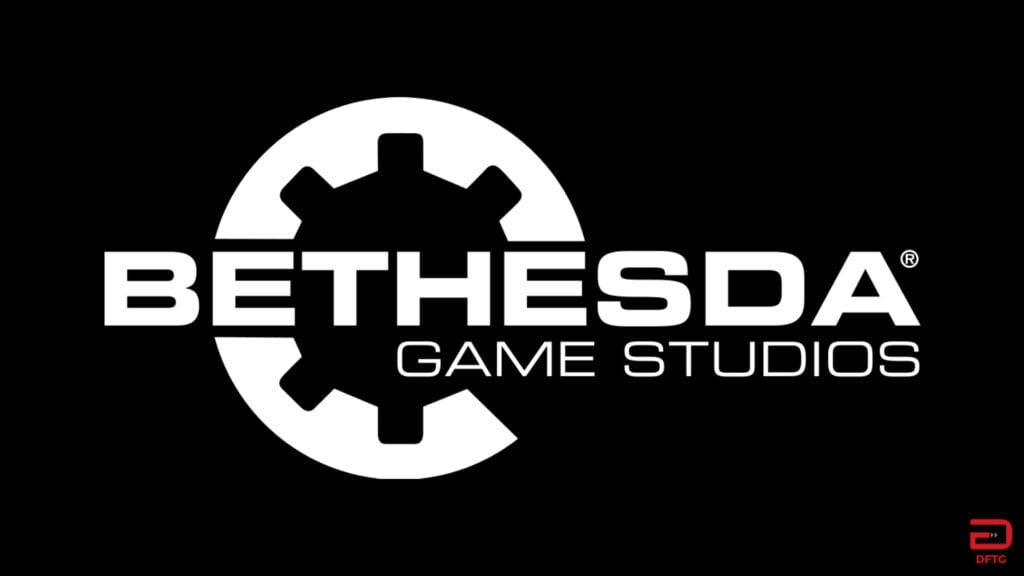

And this is where everything went terribly wrong. They didn’t just deliver the moon - they crashed into it, erupting into a gorgeous shower of fireworks before turning their sights on rural America with their next game: the Massachusetts-based vampire co-op hunter Redfall. Although largely ignored at launch, Prey and its 2018 roguelike expansion Mooncrash are now beloved titles worthy of their inclusion next to genre-defining titles such as Deus Ex and Arkane’s breakout Dishonored series. When everything is possible, every option must be accounted for. This development ethos of player choice feels the most hands-off, but in reality, is intricate and precise. For example, enemies within Prey can be dealt with via turrets, stealth kills, shotgun blasts, GLOO, or simply running away. Their first solo venture, 2017’s Prey, continued Arkane’s penchant for immersive sims, which are often defined by their willingness to let the player tackle any obstacle however they see fit. The developers at Arkane Austin are nothing if not ambitious. Sometimes when you promise to deliver the moon, you end up landing in rural America instead.

No developer sets out to be a failure, for years of their lives to be spent on a game infamous for being a glitched-out, buggy, half-baked mess - any successes already long-forgotten. It’s easier than ever to start making a video game nowadays, but it’s also harder and more laden with expectations.

Development time has stretched exponentially what once took a year or two has elongated into a laborious multi-year process focused heavily on recreating life-like 4K graphics, innovative gameplay, and Hollywood-level narratives. Anything can happen during this time: Teams can grow or shrink, fads can form or pass, and technologies can be invented or become obsolete. Like most art, the final work often barely resembles the first attempt, and they’re linked solely by the creative DNA of the developer’s blood, sweat, and tears. The original impetus - the seedling of an idea, emotion, or mechanic - sprouts into a consumer-ready product after years of beta tests, bug squashes, and redesigns. Developing a video game is hard, full stop.


 0 kommentar(er)
0 kommentar(er)
